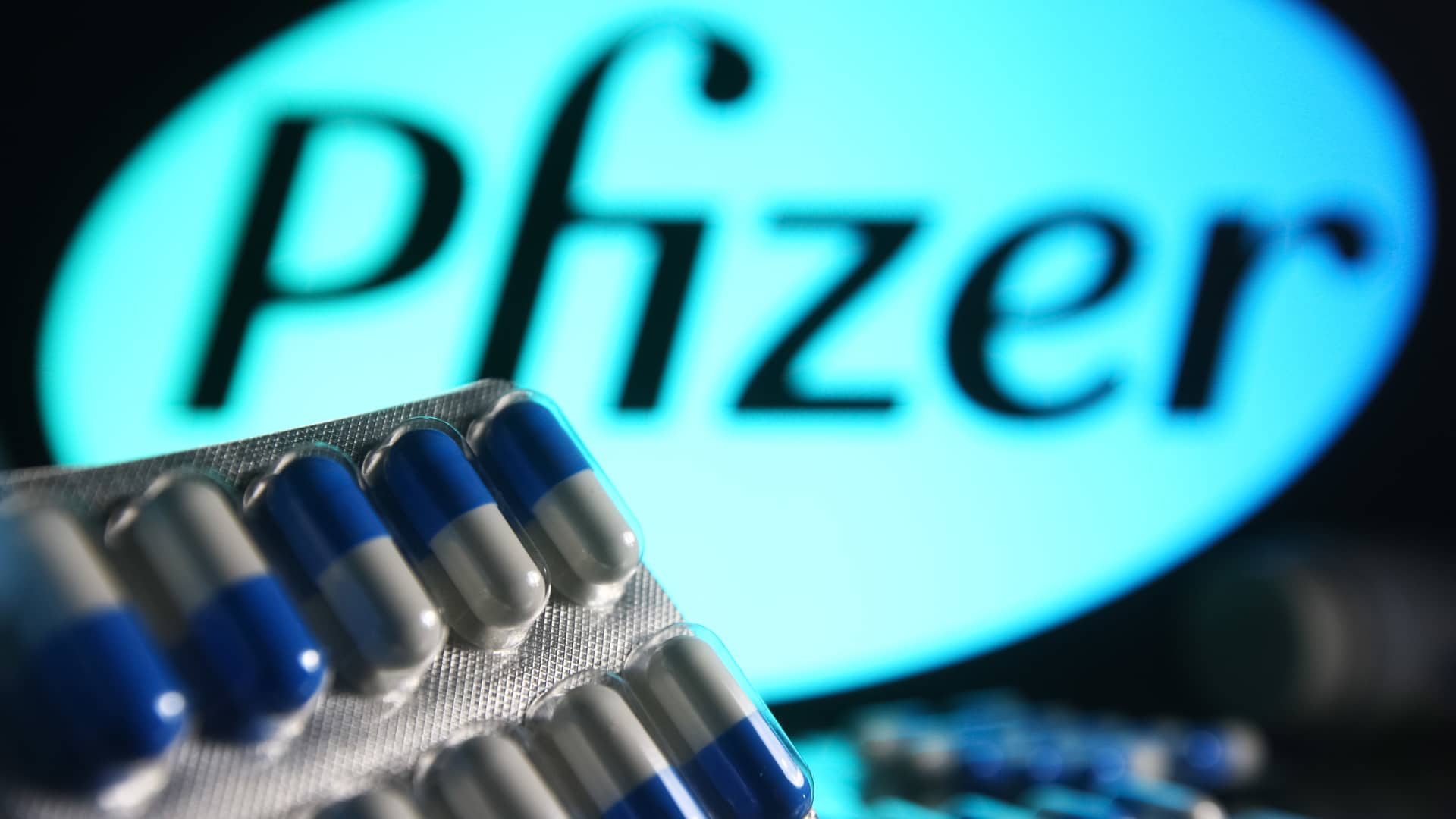Pfizer’s newly developed weight loss pill faces hurdles in mid-stage study
**Pfizer Halts Development of Twice-Daily Weight Loss Pill**
Pfizer recently announced its decision to cease development of the twice-daily version of its experimental weight loss pill after a mid-stage clinical study. Although obese patients taking the drug experienced significant weight loss, they had difficulty tolerating its adverse side effects.
**Tolerability Challenges and Market Impact**
During the course of the trial, a large number of patients experienced mild and gastrointestinal adverse side effects. This resulted in many patients discontinuing the medication. The company noted that around 73% of patients suffered from nausea, 47% suffered from vomiting, and 25% suffered from diarrhea. In the wake of this announcement, Pfizer shares dropped by 5% on Friday.
This decision deals a blow to Pfizer’s ambition to capture a $10 billion share of the burgeoning weight loss drug market. The adverse trial results come amid a precipitous drop in the demand for its Covid products, leading to a 40% decrease in the company’s share price this year. Pfizer had high hopes that a successful weight loss pill could reverse its fortunes in this challenging environment.
**Company’s Future Plans**
Although Pfizer will not continue with the twice-daily formulation of the drug, it plans to release data on the once-a-day version of the drug in the first half of 2024, which will determine the next steps for the development of the pill. The pharmaceutical giant wants to assess the potential market response, considering the huge growth potential estimated by its CEO Albert Bourla, who believed it could grow into a $90 billion market.
**Market Competition and Phase Two Trial Data**
Pfizer’s pharmaceutical rivals, such as Eli Lilly and Novo Nordisk, have been racing to develop similar pill versions of their weight loss and diabetes injections. The phase two trial conducted by Pfizer involved around 600 obese adults who did not have Type 2 diabetes. The results showed that patients who took Pfizer’s pill lost between 6.9% and 11.7% of their body weight. However, the unexpectedly high rate of adverse side effects led to a significant share of patients discontinuing the treatment.
In conclusion, Pfizer’s weight loss pill trial represents a significant setback for the company’s ambition to break into the growing weight loss pill market. The company’s plans to release data on its once-a-day version in the near future will determine its next steps in the competitive weight loss drug market. We will wait to see the developments in Pfizer’s research in the coming years.






